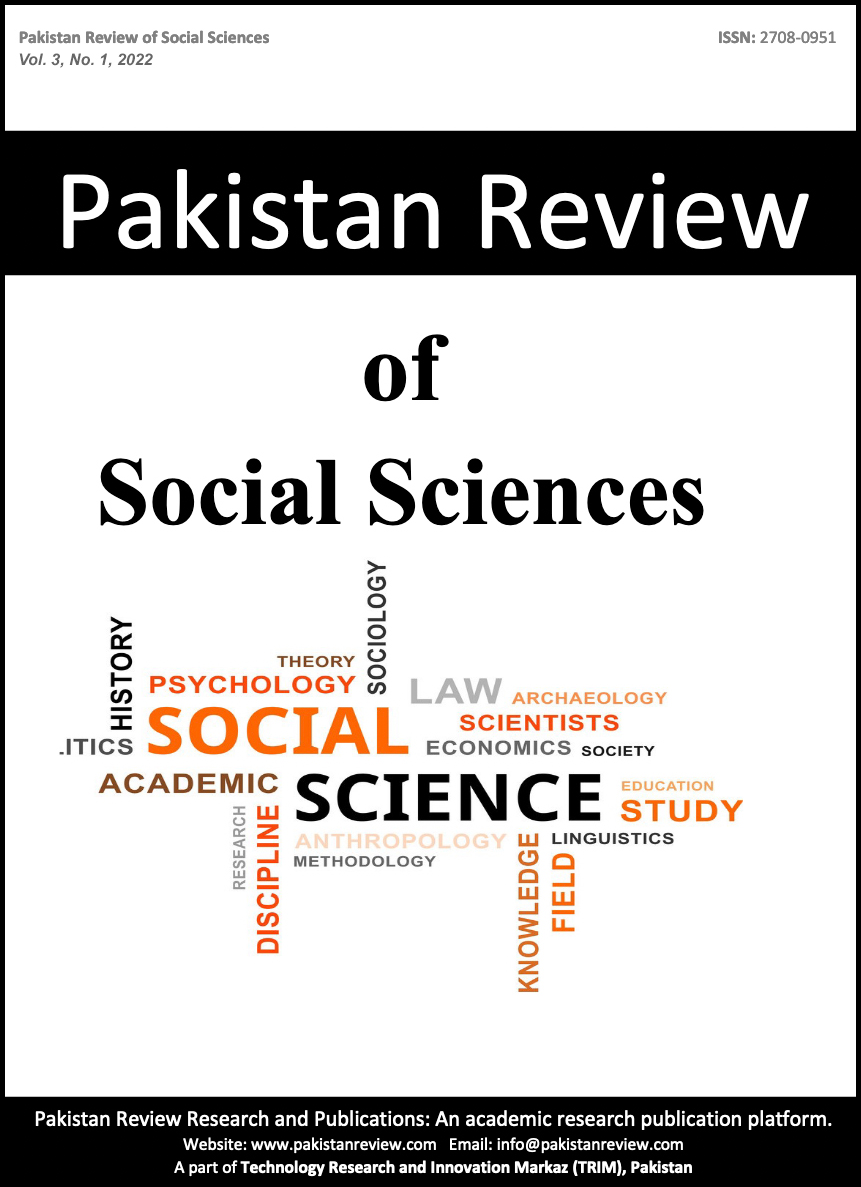Collaboration in Secondary School Classroom
Keywords:
Secondary School, Pedagogy, Collaboration, Effective, Learning, ParticipationAbstract
Abstract
Collaboration and group work has a positive effect on the social and cognitive development of students. There is a need to understand the practices of collaborative learning to successfully create authentic student centered and collaborative learning environment. The study focused on identifying the factors that underlined the positive outcomes of collaborative learning and the impact of collaborative environment on students’ participation in a secondary school classroom. Primary data was collected directly through questionnaires given out to secondary level students in two braches of the same school in Islamabad. Questionnaire given out to students focused on their perception of collaborative learning in classroom and how it affects their learning and participation. The study uses descriptive analysis to identify the factors that have an impact on student learning when using collaboration. The students in their responses have highlighted that even when they understand the effectiveness of collaboration, there are gaps in use of collaborative strategies in the class. The research has helped in accentuating the complexities of the practice of collaboration and emphasizes a need to further research for better understanding and effective implementation of collaborative strategies in teaching.
Downloads
Published
Issue
Section
License
Submission declaration
Authors retain the copyright to their work and grant the Pakistan Review of Social Sciences (PRSS) the right of first publication under a Creative Commons Attribution 4.0 International (CC BY 4.0) license. This license allows others to share, adapt, and reuse the work for any purpose, including commercial use, as long as appropriate credit is given to the original authors and the journal.
By submitting a manuscript, authors confirm that the work has not been published previously (except as an abstract, lecture, or academic thesis), is not under review elsewhere, and has been approved by all authors and relevant authorities. Once accepted, the article will be openly accessible under the CC BY 4.0 license, ensuring wide dissemination and reuse with proper attribution.






